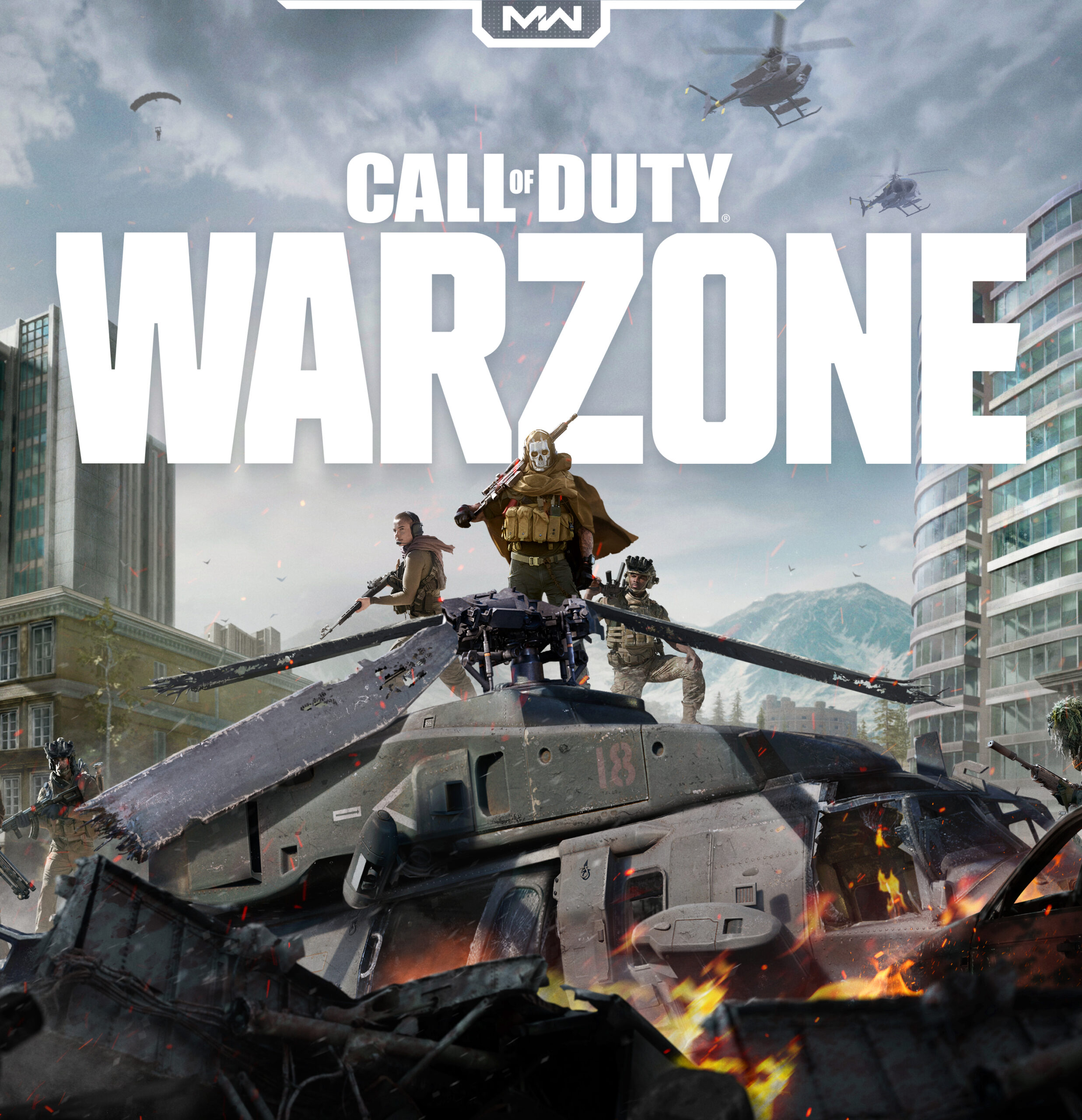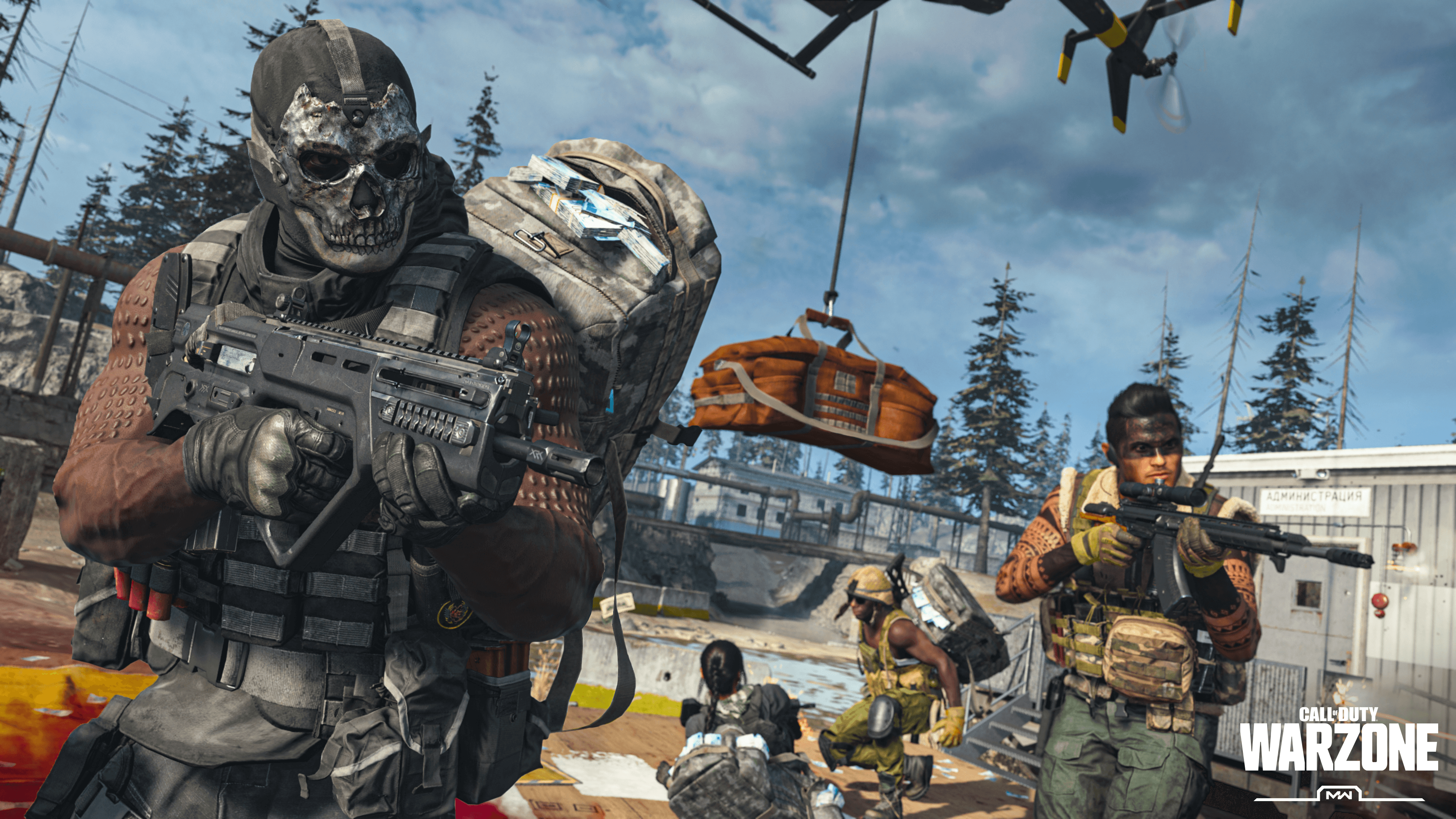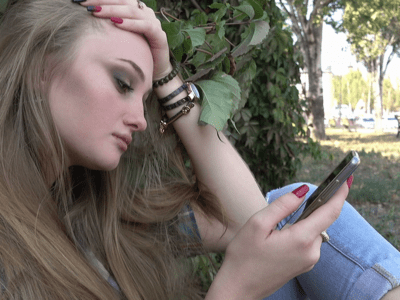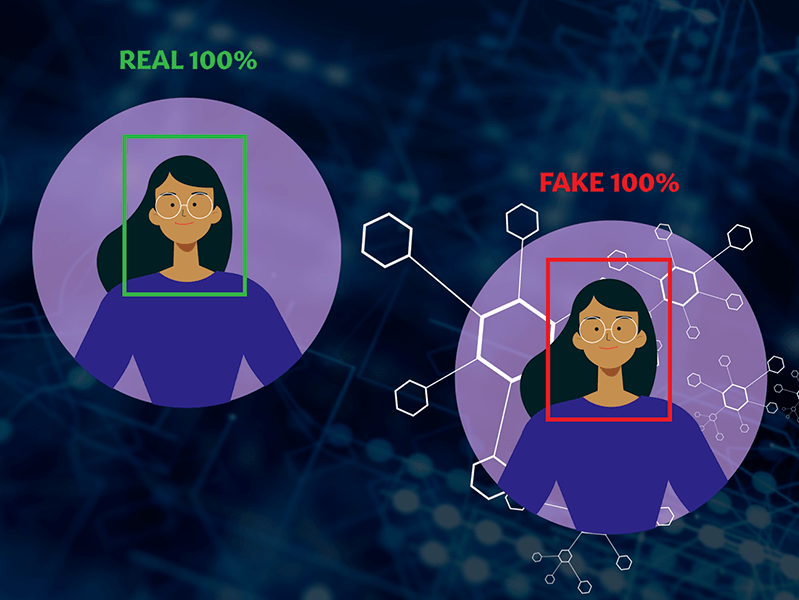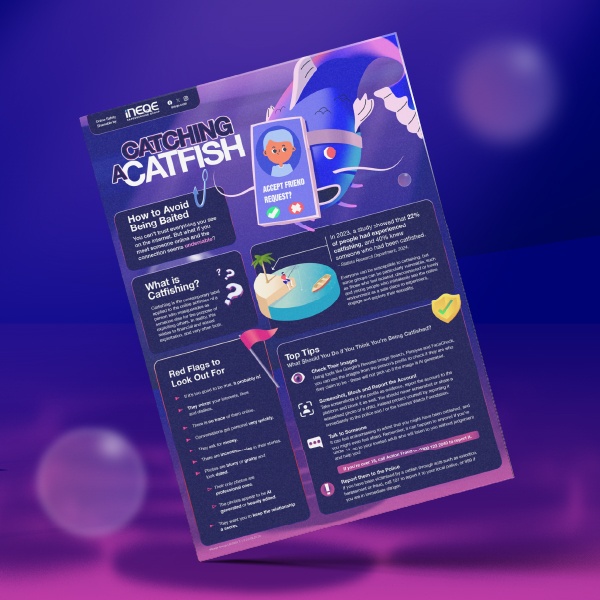Last Updated on 25th June 2024
Call of Duty: Warzone, the popular Battle Royal style video game, has released one of its biggest updates. Since its inception the game has reached a staggering 100 million online players.
Our team have been busy testing the game to bring you the latest updates and explain how you can make the game safer for the children and young people in your care.
The game has a PEGI rating of 18+. You therefore need to make a judgement about whether you are happy for your child to play it.
What has changed with the latest update?
What are the risks?
The biggest safeguarding risk posed by COD: Warzone is its Live User Interaction. Squads can be made up of friends or random players from all over the world. Because of the social nature of the game, any player can be contacted chat or voice communication by another player.
The danger is enhanced because players will have an immediate interest (the game) and this makes building a rapport much easier. This rapport can feel like an actual friendship, which can lead to young people sharing their social media usernames on platforms like Snapchat, Kik and Facebook and accepting friend request from people they don’t really know.
Because the game is rated at 18+, young people may lie about their age when signing up. If they provide their true date of birth the software will stop them from getting access. If they simply change the date of birth on the device they are using, they will still be blocked as the software will have logged the device ID. Young people get around this by clearing the cache (the short-term memory) on the device.
The game does not look for further age verification. Any unfiltered gameplay will include extreme violence, bloodshed, foul language, and mature themes. With screen time skyrocketing for young people during the pandemic, there is a risk that players may compulsive playing habits with the game.
What can I do?
Make sure young people take time out from screens; walking, going to the park chatting (with you, if you’re lucky!) or reading an actual book are good alternatives.
It is important to remind any child or young person in your care of the dangers in online communication with strangers. They should never share personal information with anyone they don’t ‘actually’ know and should report or block players who harass or upset them in any way.
For more information on how to deal with online gaming services and other safeguarding tips, check out Our Online Safety Centre.
Join our Safeguarding Hub Newsletter Network
Members of our network receive weekly updates on the trends, risks and threats to children and young people online.


